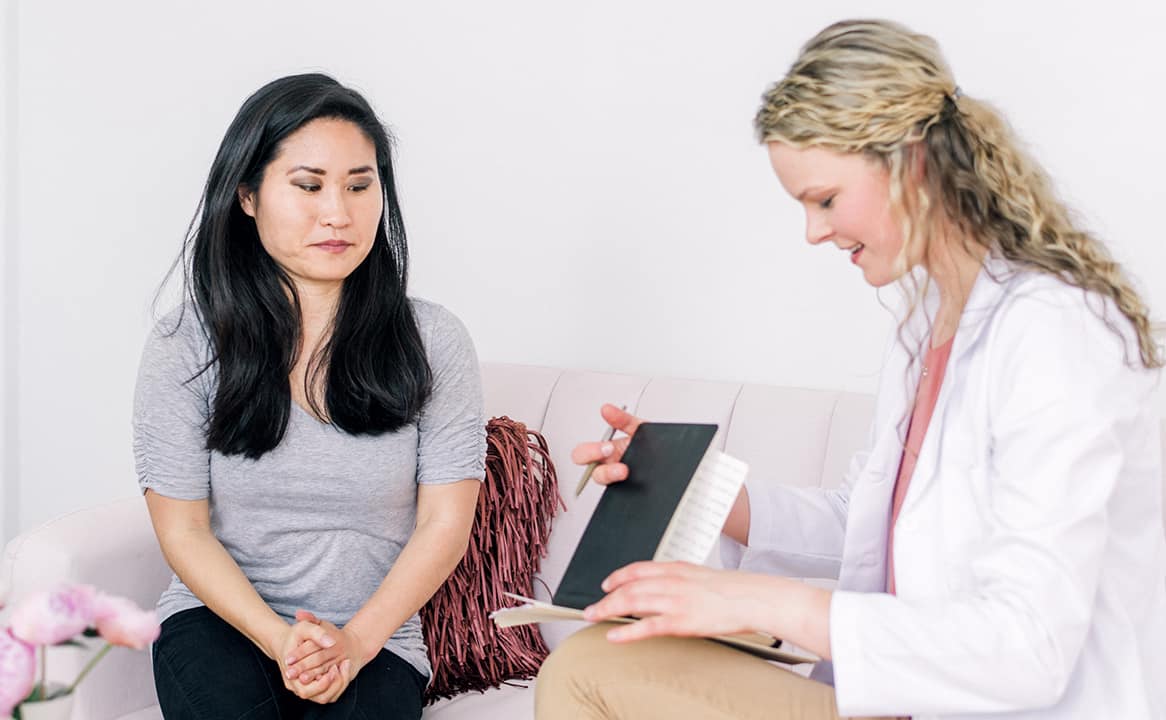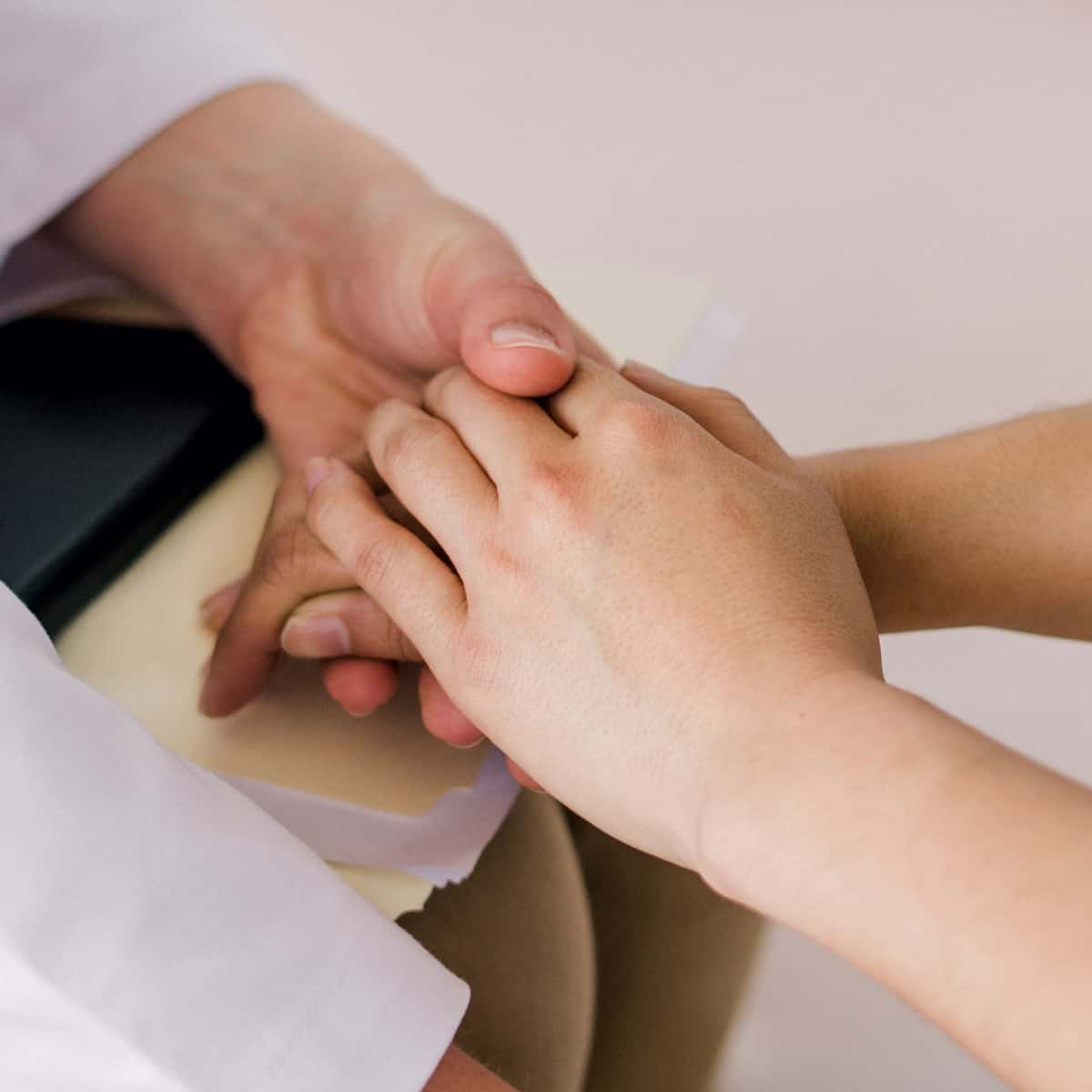Every day, millions of people experience anxiety. Anxiety can be a crippling and overwhelming condition. From everyday anxiety and trepidation to full-blown unprovoked panic attacks, it manifests as persistent worry or depressing feelings. Does this sound familiar and does just reading this make you feel uncomfortable?
Despite being a common occurrence in our society, anxiety is still widely misunderstood and stigmatised. Realising you're not alone if you're struggling with anxiety is important to remember.
This article will go over the telltale signs and symptoms of stress and anxiety, effective management and treatment methods. We will also look at the importance of seeking help and engaging in self-care.
After reading this article, you will be better informed about anxiety and the steps you can take to manage it and live a happy life.
Tell-tale Signs and Symptoms
The signs and symptoms of anxiety can be physical and emotional, such as persistent worry and a sense of helplessness.
In addition to anxiety, stress and depression symptoms are other common problems. It's crucial to comprehend the symptoms of both depression and anxiety because their symptoms can frequently resemble one another.
The following are some typical signs of depression and anxiety:
1. Thoughts
Mind racing or going blank, decreased concentration and memory, indecisiveness, confusion, vivid dreams, having trouble focusing or making decisions.
2. Emotions
Unrealistic or excessive fear and worry (about past & future events), irritability, impatience, anger, feeling on edge, nervousness, long-lasting dejection or hopelessness, feelings of guilt or worthlessness.
3. Behaviours
A decrease in enthusiasm for activities, avoidance of situations, obsessive or compulsive behaviour, distress in social conditions, altered eating or sleeping habits, increased use of alcohol or other drugs.
4. Physical
Headaches, tense muscles, or digestive issues, including sweating. Pounding heart, chest pain, rapid heartbeat, blushing. Rapid, shallow breathing and shortness of breath. Dizziness, tingling and numbness. Choking, dry mouth, stomach pains, nausea, vomiting and diarrhoea. Muscle aches and pains, restlessness, tremors and shaking.
The physical symptoms of a panic attack could be very similar to symptoms of a heart attack and it is always a good idea to investigate this with a medical professional.
Efficient Management and Treatment Methods for anxiety
People can overcome their symptoms and lead happy lives with the right assistance. Therapy, medication, and lifestyle modifications are some of the common treatments for anxiety and depression.
People can learn to recognise and alter unhelpful thought patterns that may be causing their anxiety or depression through therapy, such as RTT Hypnotherapy or exposure therapy. Antidepressants and anxiety medications, for example, can be used to treat symptoms.
The effects of lifestyle modifications on anxiety and depressive symptoms can be profound. By incorporating healthy routines like regular exercise, sound sleeping habits, and a balanced diet, you can lift your mood and enhance your general well-being. In addition, stress-management methods like meditation and relaxation exercises, can help lessen the symptoms of anxiety.
Keeping in mind that each person's experience with anxiety and depression is different, and what works for one person might not work for another. Finding the treatment regimen that works best for you may take some time, but with patience and the right help, it is possible to get through these difficulties and lead a fulfilling life.
Here are some suggestions for managing anxiety:
Determine the causes
Keep a journal to record your anxiety's onsets and locations. As a result, you will have the chance to address any triggers that might be the source of your anxiety.

Utilize breathing exercises to relax
Deep breathing, progressive muscle relaxation, yoga, and other relaxation methods can all be used to reduce anxiety in addition to meditation.

Do regular exercise
Exercise is a natural mood enhancer and can help lessen anxiety symptoms.
Get enough rest
Get enough rest each night because sleep deprivation can make anxiety symptoms worse.

Relationship building
You can process your thoughts and feelings by talking to friends, family, or a therapist. You can also get support from this network when things get tough.

Step ladder approach
You can face the trigger of your anxiety through a slow and gentle approach. By taking small incremental steps to face the trigger, you will eventually be able to overcome the issue.
Dealing with Panic Attacks
Panic attacks are a typical symptom of anxiety if you're experiencing them. You can take measures to control panic attacks, even though they can be terrifying and debilitating.
When dealing with panic attacks, bear the following in mind:
Take time to breathe deeply
Breathing deeply and slowly can help you relax your body and slow your racing thoughts.

Keep your attention on the here and now
Remind yourself that the panic attack will pass, then concentrate on your surroundings by describing the objects there or counting backwards from 100.

Confront your ideas
Try to recognize any unfavourable thoughts or assumptions that might be causing your panic attack and counter them with more uplifting and sane ones.
Find assistance
Reach out to a support group for people who suffer from panic attacks, speak to a reliable friend or family member, or do both.
Making the first move and asking for assistance is crucial.
An anxiety or panic attack can happen to anyone at any time and can be terrifying and overwhelming. It's crucial to try to maintain calm and concentrate on your breathing if you experience symptoms like a rapid heartbeat, sweating, shaking, or trouble breathing. Breathing deeply and slowly can help lower your heart rate and calm panicky feelings.
Self-care is crucial for managing anxiety and depression in addition to asking for support from others. This can entail doing things you enjoy, taking time for yourself, and establishing reasonable boundaries and goals. A positive effect on your mental health can be seen when you take good care of your physical health by eating well, getting enough sleep, and exercising frequently.
The need for anxiety or depression treatment is a sign of strength, not weakness, which is another crucial concept to grasp. A proactive step toward a happier and healthier life is taking charge of your mental health and seeking help.
Last but not least, keep in mind that recovery is possible. Anxiety and depression symptoms can be managed and people can lead fulfilling lives with the right support and care. So, if you're showing signs of anxiety or depression, seek help right away and take charge of your mental health.





